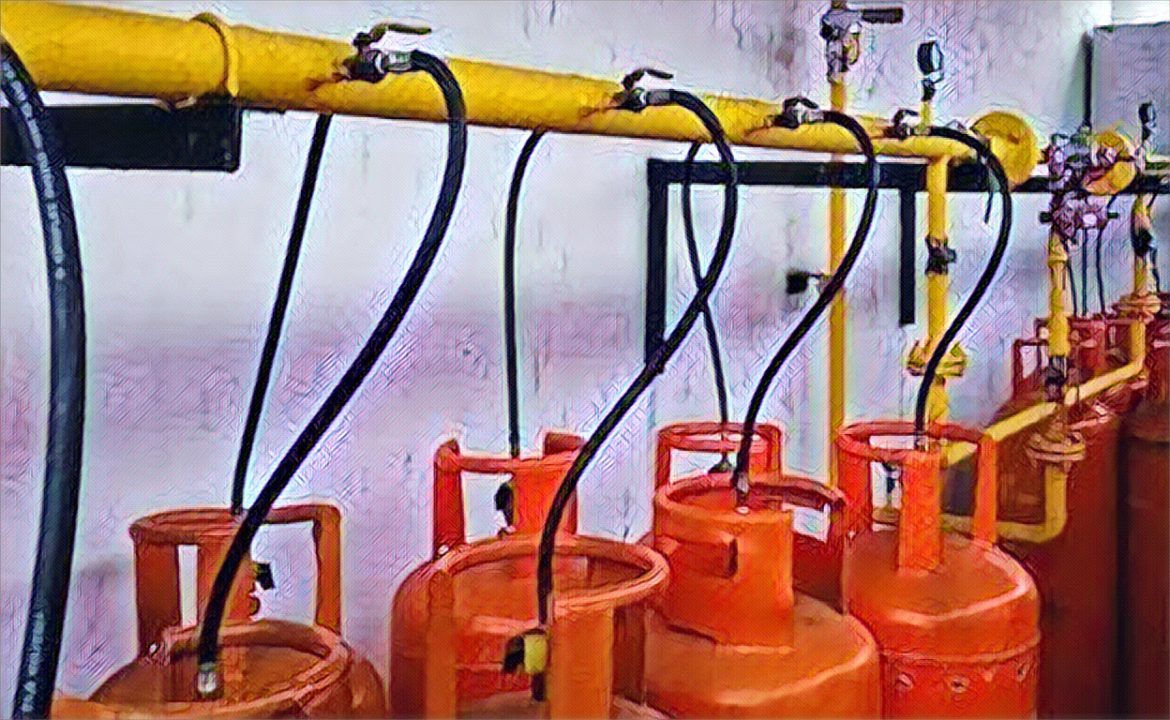In Nigeria, a nation blessed with an impressive gas reserve of 209 trillion standard cubic feet, a pressing issue looms large—the surge in gas prices. Chiedu Ugbo, the Managing Director of Niger Delta Power Holding Company (NDPHC) Limited, has issued a clarion call for a comprehensive reassessment of the current situation.
Notably, the cost of gas in Nigeria was historically pegged at a rate of N440 per dollar. However, the recent shift towards a floating naira has led to a nearly doubled official exchange rate, with prices skyrocketing threefold in the parallel market. This dramatic shift has triggered significant challenges for Nigeria’s power plants, with over 80% of them reliant on gas for energy generation.
The repercussions of this gas price surge are extensive. It could potentially necessitate tariff adjustments or government subsidies in the power sector, which might ultimately place a heavier burden on consumers. To address this impending crisis, Ugbo advocates for investments in innovative and cost-effective gas extraction technologies.
Ugbo emphasizes, “Perhaps there needs to be a strategic investment in technology that can extract gas more affordably.” The pivotal question emerges: why is gas priced in United States dollars? Prior to the unification of exchange rates, Nigeria procured gas at an official rate of approximately N440 per dollar. Nevertheless, in the current climate of fluctuating exchange rates, the increased cost of gas may inevitably be transferred to consumers.
While the global shift towards renewable energy sources remains an undeniable inevitability, Nigeria’s heavy industries remain heavily reliant on natural gas for their operations. Key sectors such as steel production simply cannot pivot to solar energy overnight, given their consistent demand for natural gas.
This complex dilemma underscores the urgent need for a balanced and pragmatic approach. Nigeria must navigate the immediate energy requirements of its industries while aligning with its long-term commitment to renewable energy adoption. As the nation embraces the future of sustainable energy, it is essential to ensure the uninterrupted functioning of vital industries, safeguarding employment opportunities and maintaining energy security.
In the midst of these formidable challenges, there is room for optimism. Through strategic investments in technology and the formulation of a robust energy policy, Nigeria can actively work towards reducing the cost of gas production and distribution. Additionally, a well-structured transition to renewable energy sources can offer a sustainable and economically viable solution in the years to come.
Source: [The Guardian]


